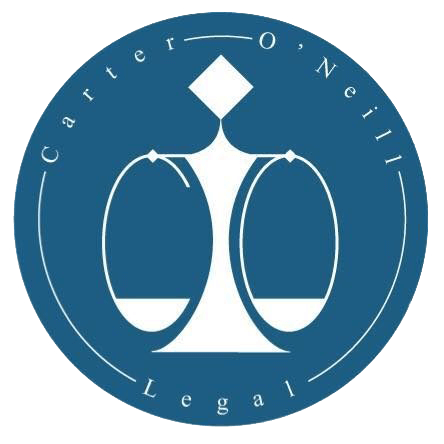Bankruptcy and Family Law: What happens if my former partner is declared bankrupt?
Auction Sales
January 10, 2021Buying a Property? Our Conveyancing Expertise to Keep you Covered?
January 10, 2021WHAT IS BANKRUPTCY
Bankruptcy is the result of when a person is unable or unwilling to pay their debts. Under the Bankruptcy Act 1966 (Cth), a person can be declared bankrupt in two scenarios:
- When a person who is owed money, known as a creditor, makes an application to the court; OR
- The person owing monies voluntarily files a debtor’s petition (known as ‘voluntary bankruptcy’).
The effect of bankruptcy means that the persons assets becomes controlled by the Trustee in Bankruptcy. In simple terms the person will not have control over their own assets. However, it is important to know that some assets are excluded from being possessed such as tools of trade, majority of household goods and superannuation).
FAMILY LAW AND BANKRUPTCY
Family law and bankruptcy can occur when spouses separate, it is often the trigger for the separation or the result of a separation. Due to the current COVID-19 pandemic, decreasing house prices and unpredictable job security has resulted in global economic uncertainty. Consequently, persons and families may be experiencing heighten levels of financial stress and may be unable to attend to their expenses.
If you are concerned that your estranged spouses’ bankruptcy proceedings will affect you from a family law property settlement, think again. The Family Law Act underwent some amendments in 2005 which allows for the non-bankrupt spouse to be granted some protection over matrimonial and jointly owned assets. The Court now has the power to adjust property interest between spouses, irrespective of whether the asset/debt is held solely or jointly. A common example of this power is where the matrimonial home is listed in the sole name of the bankrupted spouse rather than in joint names. Regardless, the court may conclude that the matrimonial property is jointly held and that the non-bankrupts’ spouses’ interest must be protected. In these circumstances, the Court may order for the property to be sold and the interest of the non-bankrupted spouse be awarded to them.
The court will always apply the following five steps when determining a property settlement, regardless of whether either party is bankrupt:
- Determining and valuing the parties’ property.
- Determining whether it is just and equitable for the court to alter the parties existing interests.
- Consider any financial and non-financial contributions to the property and the welfare of the family overall.
- Consider specific needs and characteristics of the parties as set out in the Family Law Act.
- Decide whether the order being granted is just and equitable.
If you or your former spouse has declared bankruptcy, it is important that you seek appropriate family law advice, so you are aware of your rights and where you stand. Contact Carter O’Neill today on (02) 4308 8892 to discuss any of your legal needs.



